Inventors and Inventions Free
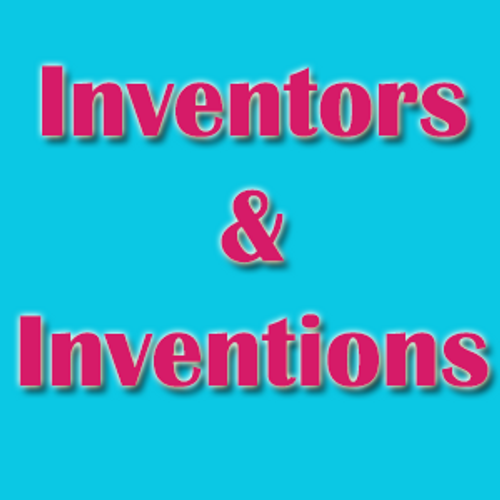
Inventors and Inventions
Who invented the control unit for the cardiac pacemaker?
Otis Boykin
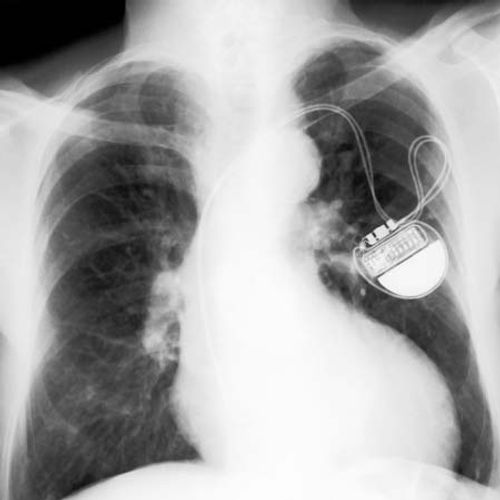
Otis Boykin held 26 patents on various inventions, most of which related to electrical resistors that improved radios, televisions, computers and even missile guidance; but perhaps his most important and life-saving invention was the control unit for the artificial cardiac pacemaker which regulated the heartbeat of the wearer.
Who obtained patents for the following window accessories: Adjustable Window Cornice, Cornice, Pole Tip, Curtain Rod, and Supporting Bracket?
Samuel Scottron
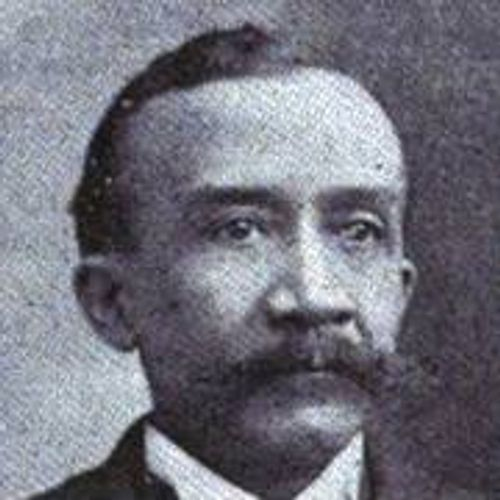
Samuel Raymond Scottron, a prominent inventor N.Y. began his career as a barber, but received his engineering degree from Cooper Union in 1878 and from 1880 to 1893 he obtained patents for all of these window accessories.
Who is the inventor of the first clock built in America?
Benjamin Banneker
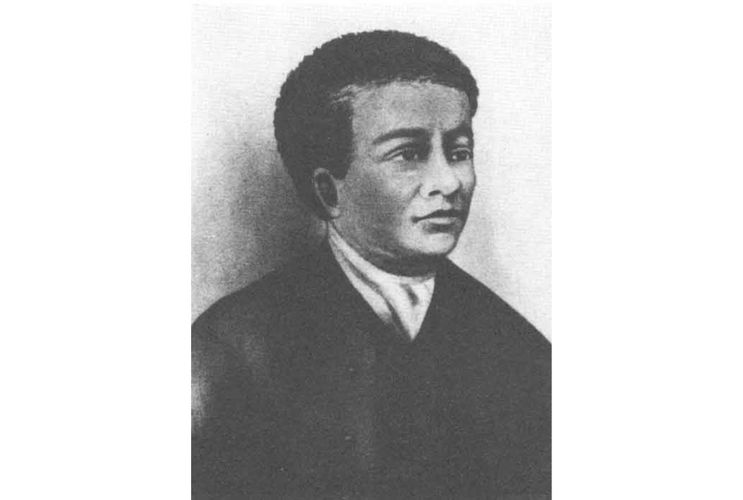
In 1752, Benjamin Banneker built a clock entirely out of wood, which was believed to be the first clock built in America and which kept precise time for decades.
Who invented the stainless steel scouring pad?
Alfred Benjamin
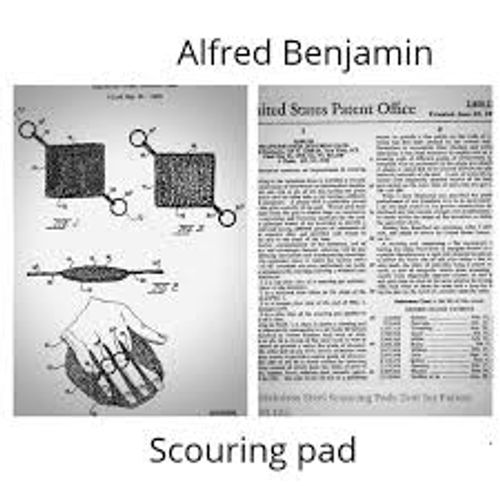
Very little is known about Alfred Benjamin of New York except for the information on his patent application for which his patent for the stainless steel scouring pad was granted in June 1962 under U.S. Patent 3039125.
Who invented the mechanical egg beater?
Willis Johnson
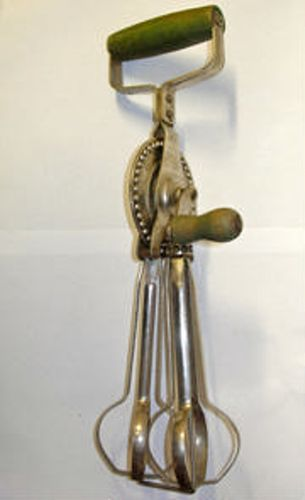
Although called an egg beater, Willis Johnson actually invented an early mixing machine, for which he obtained a patent in 1884, which had two chambers where eggs could be beaten in one section and batter in another or one section could be cleaned while the other continued beating.
Who was awarded a patent for automatically opening and closing elevator doors?
Alexander Miles
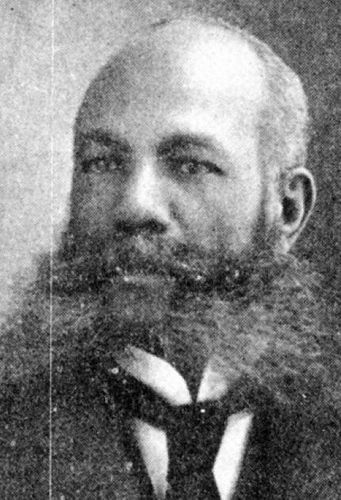
Before 1887, elevators were both unsafe and inefficient. Elevator doors and the door shaft had to be closed manually; and if they were not properly closed serious and even deadly accidents occurred. Alexander Miles’ invention enabled the doors and the shaft to be automatically closed by levers and rollers. Some believe he got the idea for automatic doors after his daughter fell down an elevator shaft and died.
Who invented the modern hairbrush?
Lyda Newman
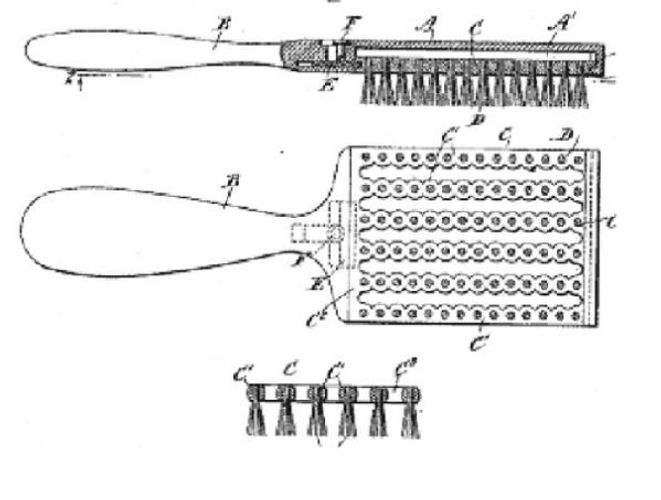
Before Lyda Newman invented her hairbrush, hair brushes were made of animal hair and created scalp diseases and disorders in many people. With her invention, bristles were made of synthetic materials and the brush could be taken apart for cleaning.
What was the important invention of Marie Van Britain Brown?
Security System
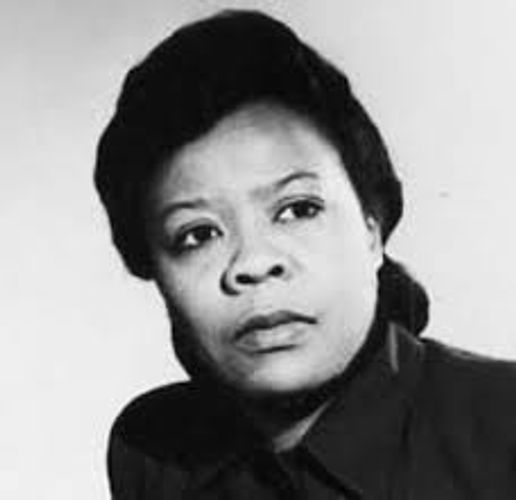
In 1966, Marie Van Britain Brown, with the assistance of her husband, invented the first home security system. Additionally, she is credited with inventing closed circuit television.
Who was the inventor of the improved fountain pen?
William Purvis
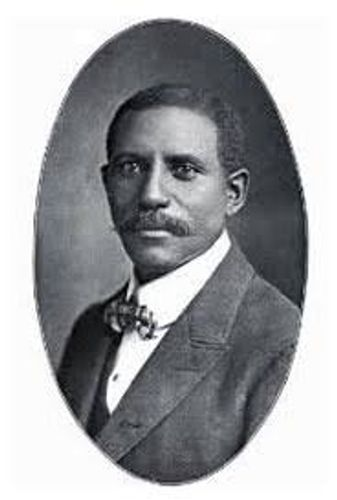
Before William B. Purvis invented his improvement on the fountain pen in 1890, the pen could only be used with a bottle of ink nearby since it had to be steadily dipped in the bottle in order to write. Purvis’ pen, however, had a small storage unit or reservoir connected to a tube that could be filled with ink which would then deposit ink through the tip. No longer did writers have to carry bottles of ink with them.
What did Thomas Jennings invent?
A process called dry scouring, a forerunner of modern dry cleaning.
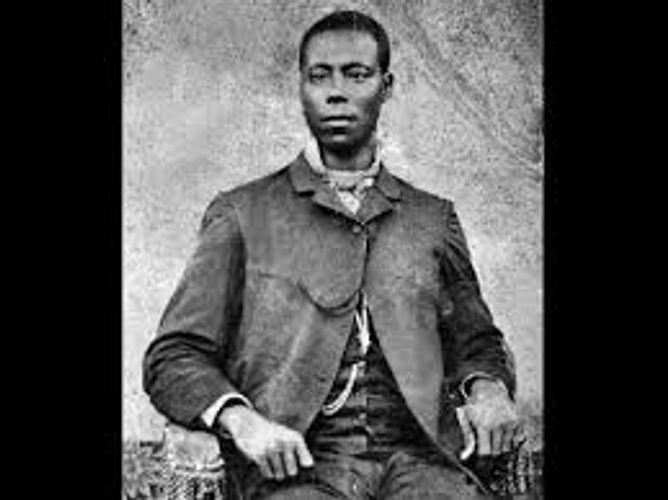
Thomas Jennings, a free New York Black man who owned and operated a tailoring business, earned a patent in 1821 for a process called dry scouring which is a forerunner of modern dry cleaning.
Who invented the golf tee?
George Grant
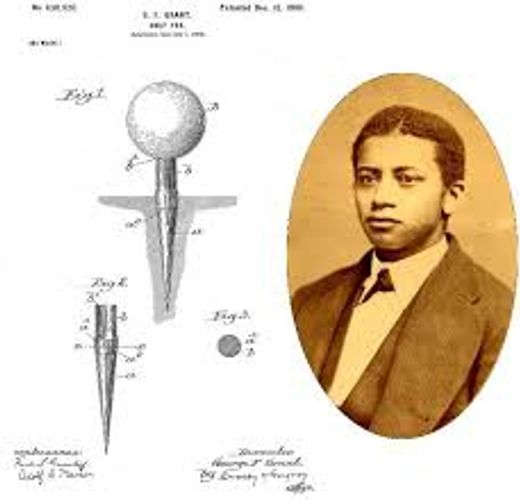
George Franklin Grant was not only a Boston dentist and the first African-American professor at Harvard, but his love of golfing motivated him to invent the wooden golf tee in 1899.
Who invented the refrigeration systems used in long-haul trucks and railroad cars?
Fredrick Jones
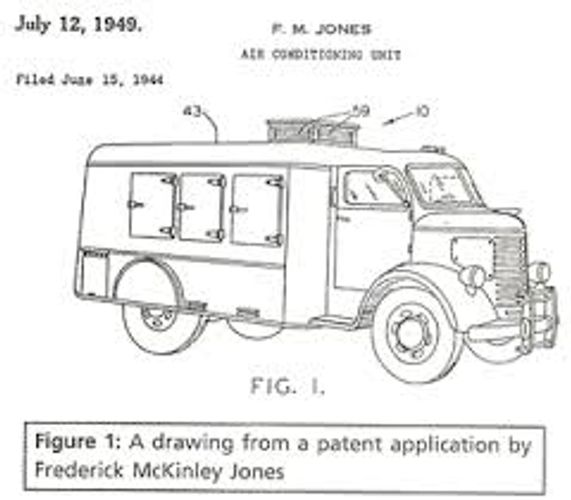
Frederick McKinley Jones received a patent for his invention of mobile refrigeration in 1939, an invention that made possible the long-haul transportation of perishable goods. For his invention he became the first African American winner of the National Medal of Technology and to be inducted into the National Inventors Hall of Fame.\
Who was the inventor of the portable pencil sharpener?
John Love
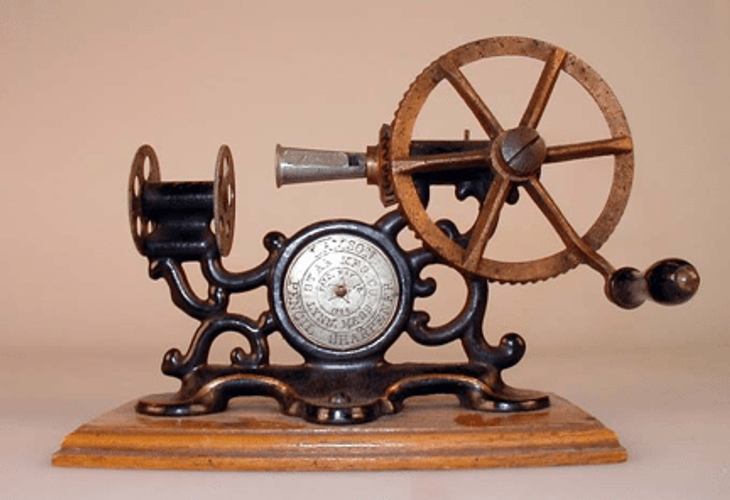
John Lee Love developed the portable pencil sharpener, which he patented in 1897. It was often called the “Love Sharpener”.
Who invented the long-handled dustpan?
Lloyd Ray
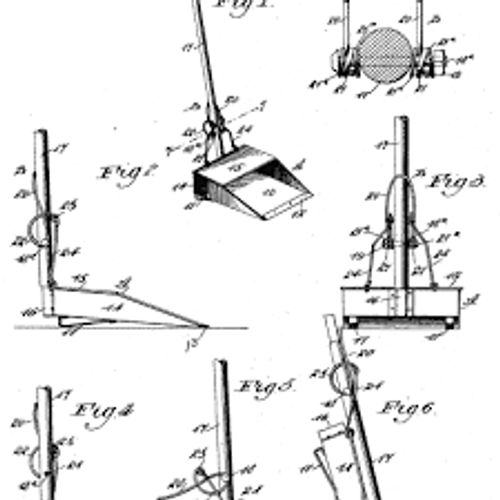
In 1897, Lloyd Ray invented an improvement over what was called the “half-brush and shovel” by creating the industrial long-handled dustpan with its steel collection box for trash which made cleaning simpler and more sanitary.
Who was the engineer and businessman best known for his award-winning long-distance airplane?
Charles Chaplin
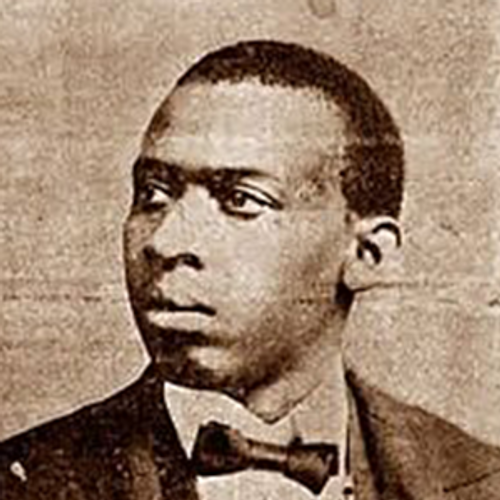
In 1911 Charles Ward Chappelle invented an airplane designed to safely travel long distances. As the only African American to participate in the First Industrial Aero Show sponsored by the United States Aeronautical Reserve he exhibited his model which earned him a medal and attracted many investors and business opportunities.
What practical item did Osbourn Dorsey invent?
Door knob
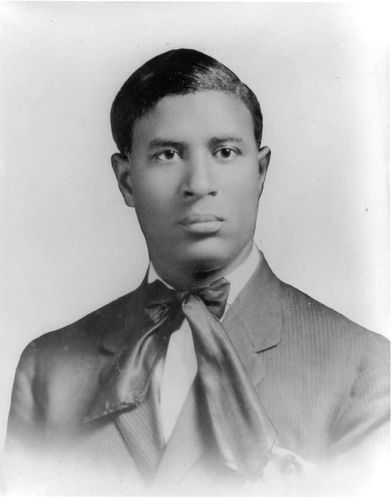
Inventor Osbourn Dorsey designed both the doorknob and the doorstop and successfully obtained a patent for both in the same year.
Who invented the x-ray spectrometer used to analyze distant galaxies and other deep-space phenomena?
George Alcorn
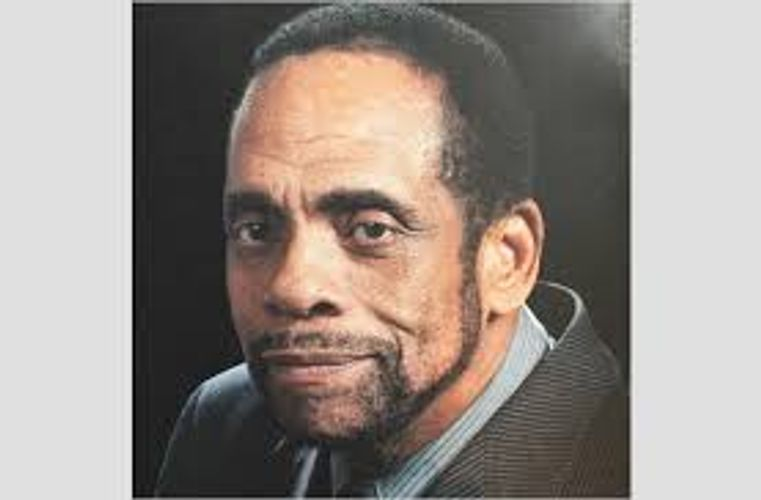
George Edward Alcorn was a physicist whose work in the aerospace industry led him to at least 20 inventions for which he obtained six patents; one of these was the x-ray spectrometer used to analyze distant galaxies and other deep-space phenomena.
Who is the inventor of the wringing-mop?
Thomas Stewart
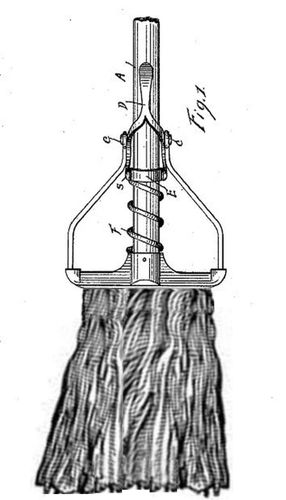
Thomas Stewart obtained a patent in 1893 for an improvement on the simple mop that would save time and contribute to more sanitary conditions. His invention was a lever that attached to the mop head and which could wring water from the mop head without wetting the hands.
George Sampson was responsible for an important improvement of what appliance?
Clothes dryer
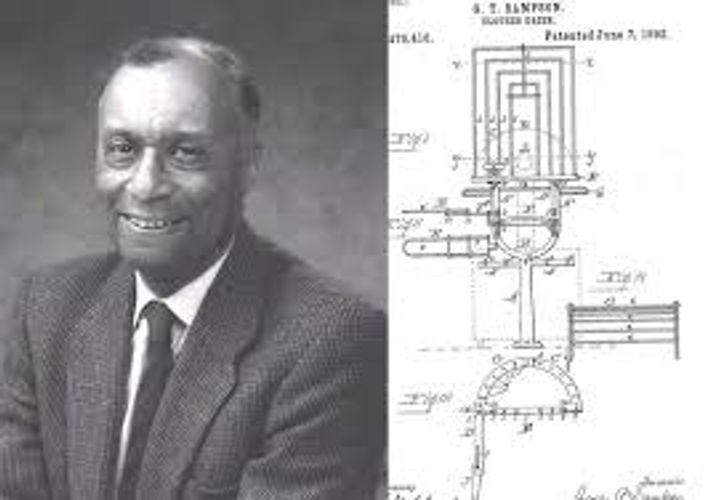
Before George Sampson’s improvement of the clothes dryer, clothes were dried by means of a ventilated barrel over an open flame which often left clothes sooty and always smelling like smoke. With his invention a need for an open flame was eliminated and the way was paved for the modern clothes dryer.
Who invented the gas mask?
Garrett Morgan
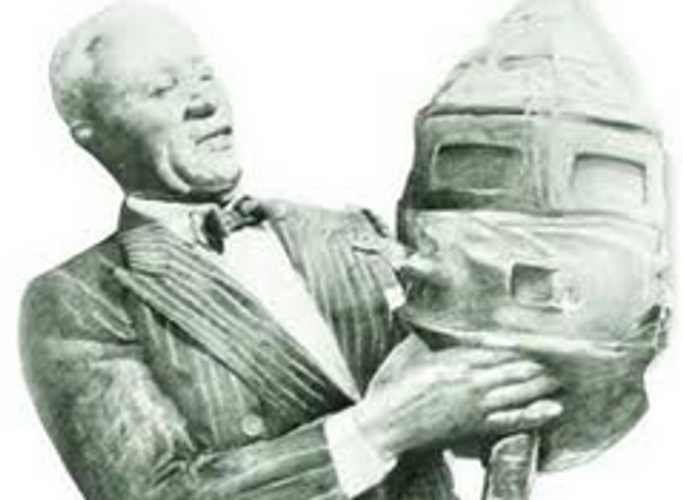
In 1912, Garrett Morgan invented the smoke hood, the first gas mask, which saved many lives. It was first used in 1916 to save many men in the Cleveland, Ohio 1916 tunnel construction disaster. Morgan was also the inventor of the first three-position traffic signal.
Who invented the butter churn?
Albert Richardson
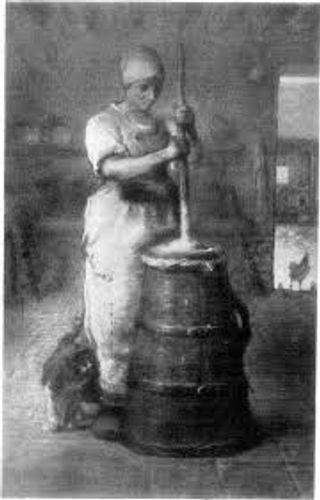
Before Albert Richardson’s invention of the butter churn in 1891, butter was made by stirring cream or milk in a bowl until the solid butter formed. This could take hours, but Richardson’s invention of the plunger churn cut the time down considerably and made butter available and affordable to many more people
Who invented fitted sheets?
Bertha Berman
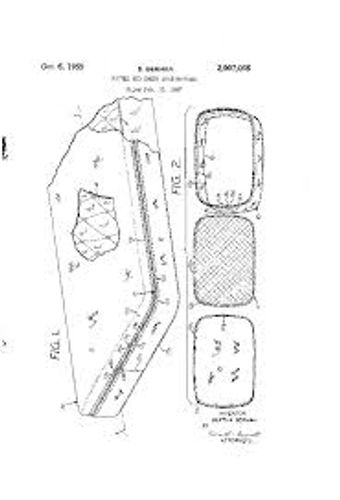
In 1959 after Bertha Berman realized that sheets would never stay on mattresses properly, she invented the fitted sheet which attaches elastic to the corners to hold the sheets in place. Her invention is now found in homes, hotels, dormitories, across the world wherever there are beds.
Who was the aerospace engineer who worked with the U.S. Air Force and later with NASA and invented the super soaker water gun?
Lonnie Johnson
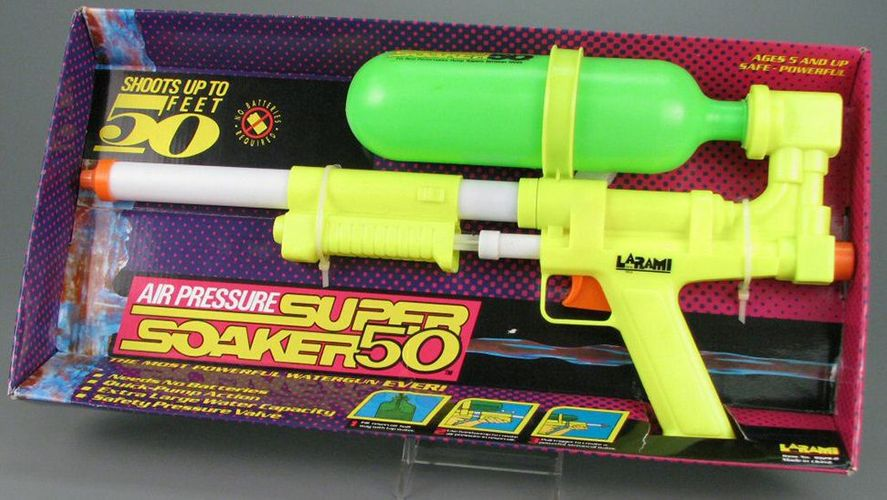
Lonnie Johnson’s famous super soaker appeared in stores in 1990 and by 1991, it had generated over 200 million dollars. After resolving legal issues with the Hasbro toy manufacturer, to whom he sold the rights, he was paid 73 million in back royalties.
Who was the first Black woman to earn a patent for her invention?
Judy Reed
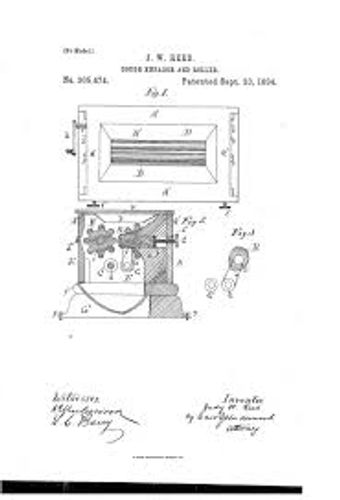
Even though Judy W. Reed likely could not write her name, she patented a hand-operated machine for kneading and rolling dough and became the first recorded African American woman inventor.
Who invented the street letter box?
Philip Downing
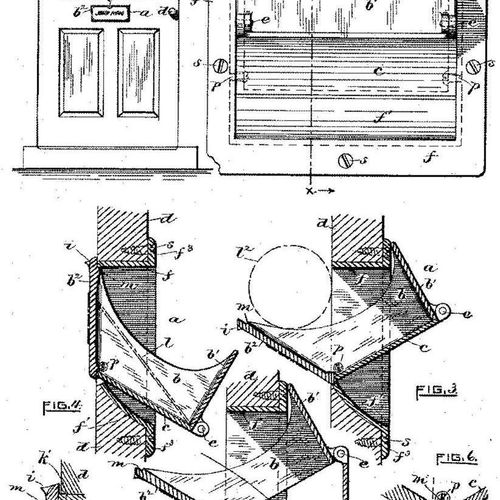
Philip B. Downing, known for a number of patents, is also recognized for his invention in 1890 of the street letter box, which is the precursor to the modern postal box seen on corners across the world. Downing’s design featured a simple, four-legged box with a hinged metal door for sending outgoing mail.
Many African American inventors and their inventions continue to impact the world. Find out here who they are and what they invented.
Leave a Reply Cancel reply
Related Posts
Login
Upgrade your Membership
This Quizz Only For Paid Members
Upgrade Your Account First
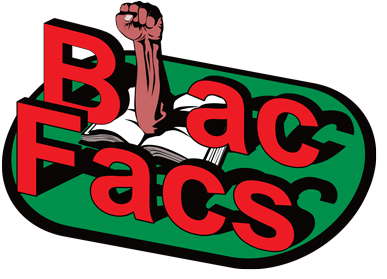
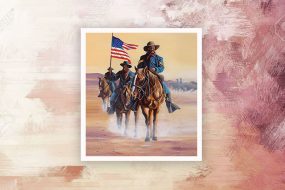
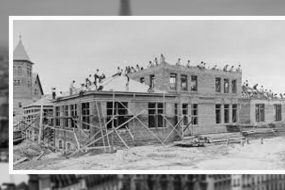


One reply on “Inventors and Inventions”
Fascinating details. Including illustrations.. However, the dates of many of these inventions are missing from the explanation.